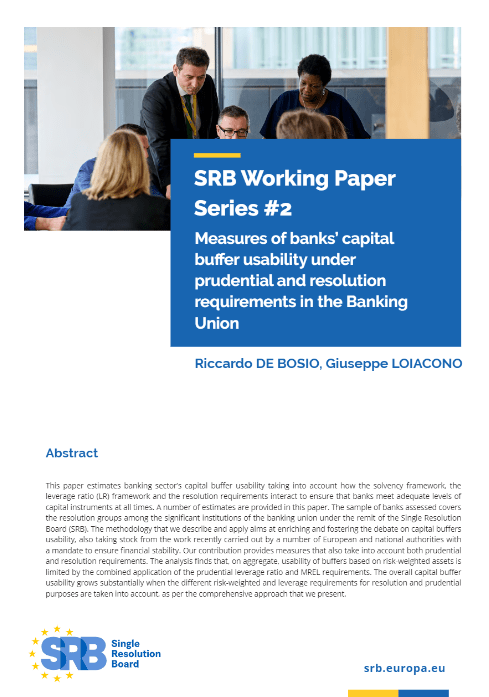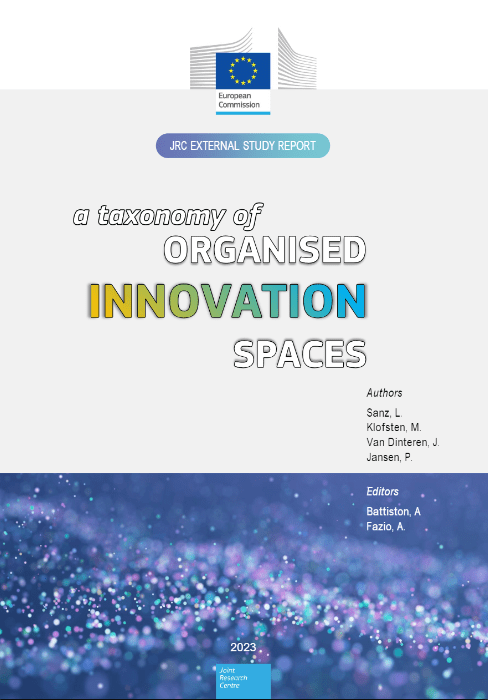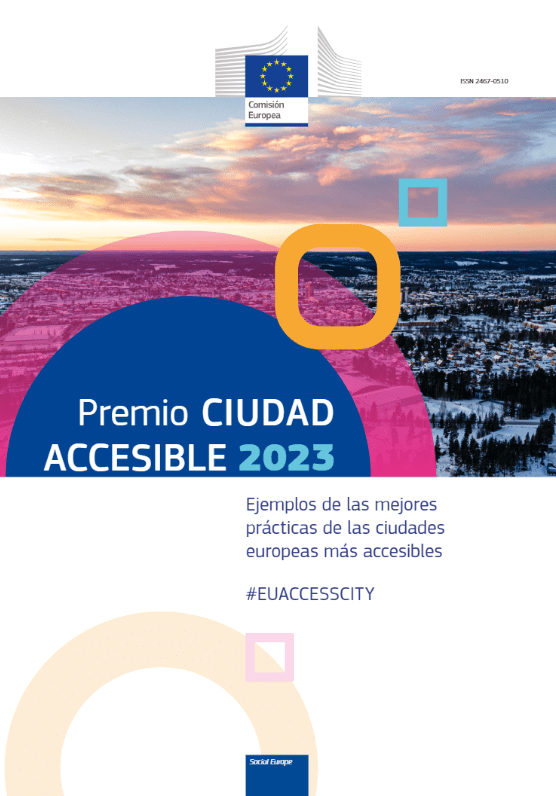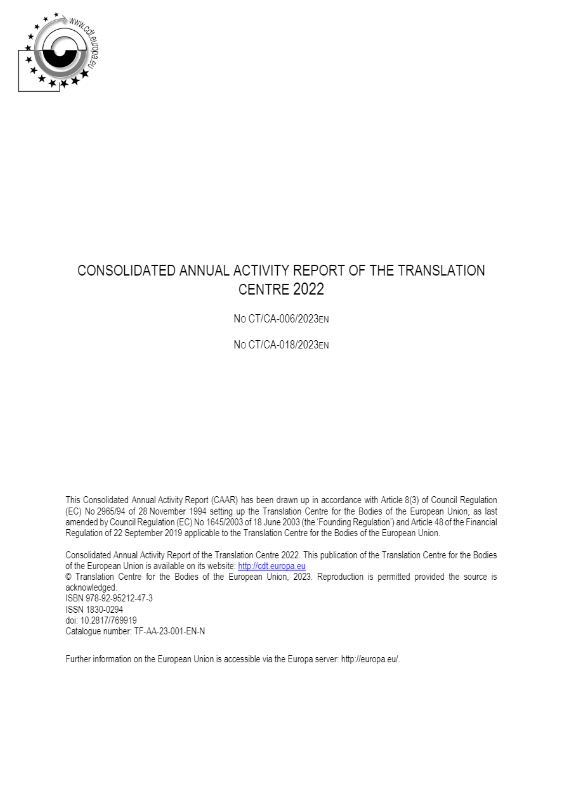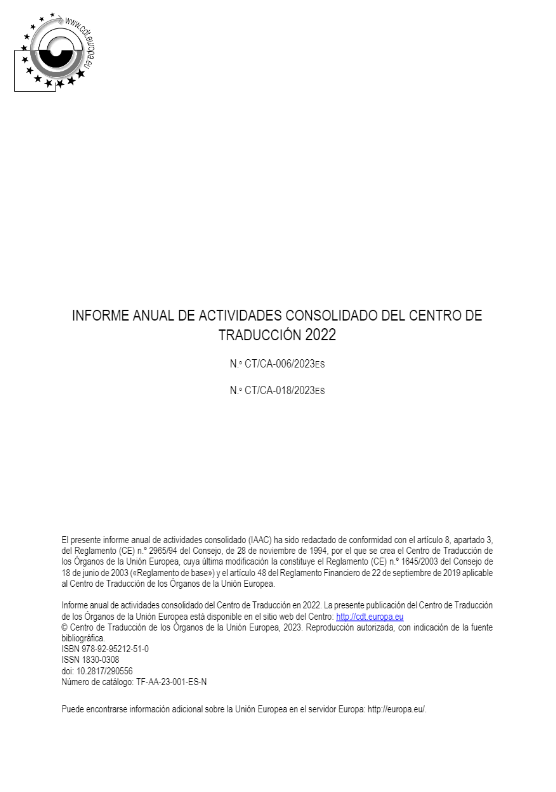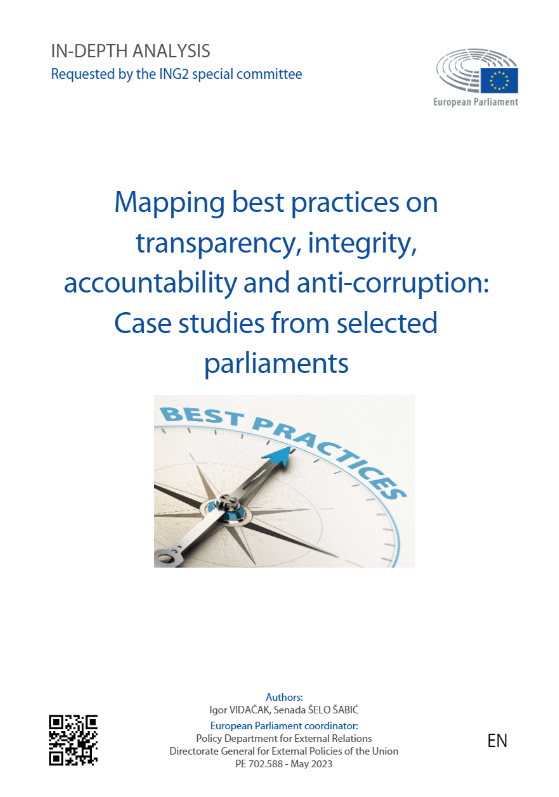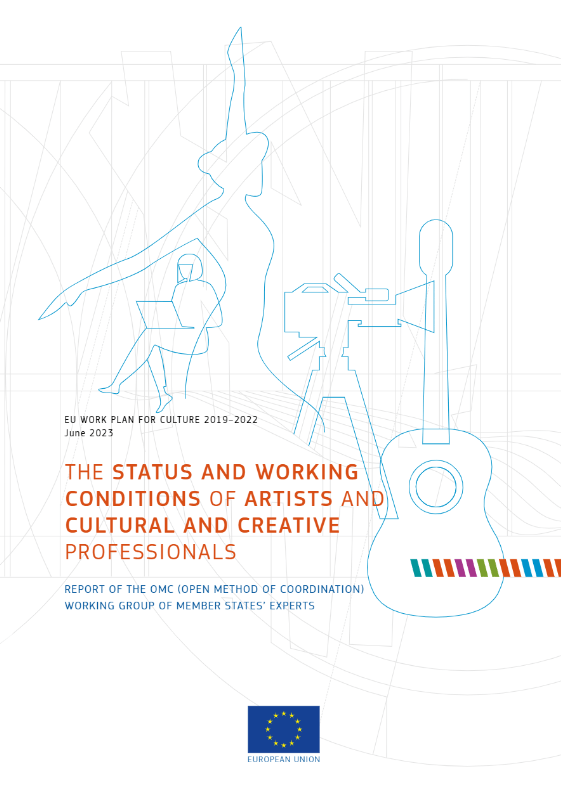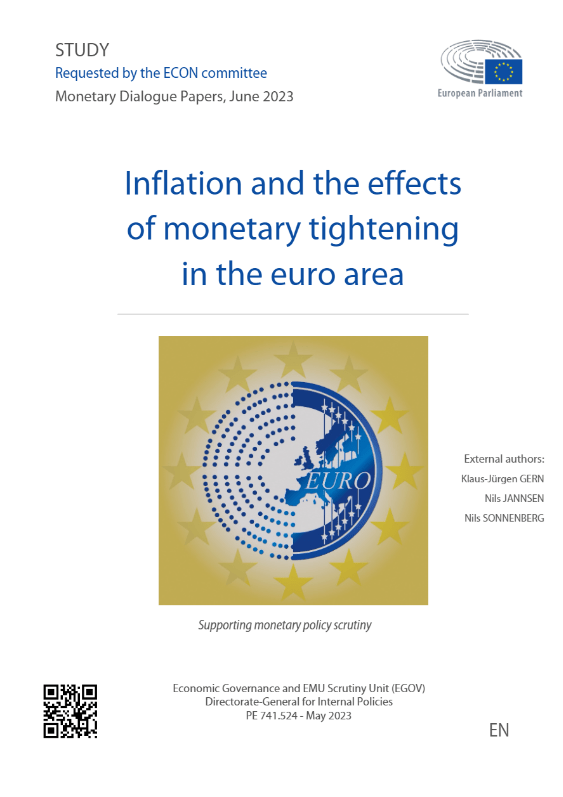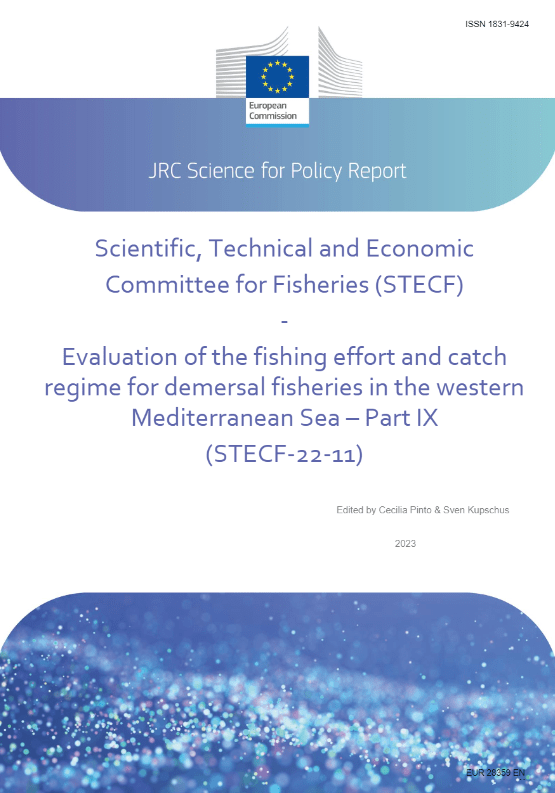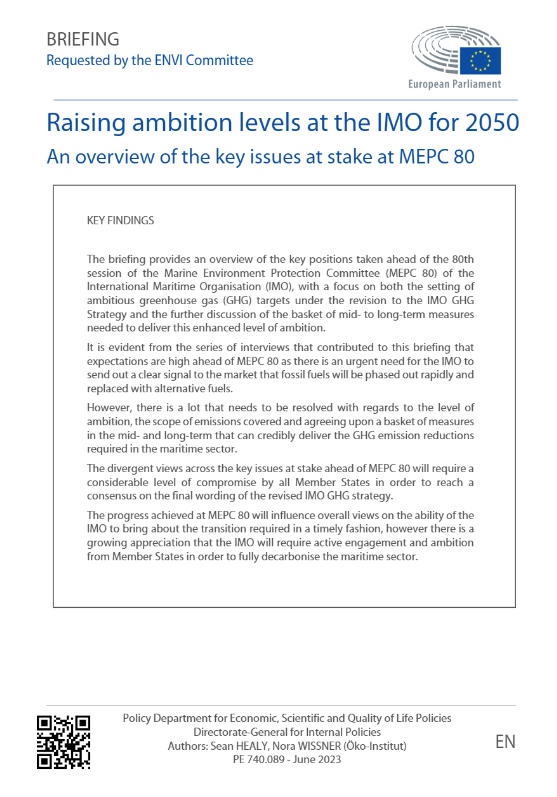
En este documento se estima la utilizabilidad de los colchones de capital del sector bancario teniendo en cuenta cómo interactúan el marco de solvencia, el marco del coeficiente de apalancamiento (LR) y los requisitos de resolución para garantizar que los bancos alcancen niveles adecuados de instrumentos de capital en todo momento. En este documento se ofrecen varias estimaciones. La muestra de bancos evaluados abarca los grupos de resolución entre las entidades significativas de la unión bancaria bajo la competencia de la Junta Única de Resolución (JUR). La metodología que describimos y aplicamos pretende enriquecer y fomentar el debate sobre la utilidad de los colchones de capital, haciendo también balance de los trabajos realizados recientemente por diversas autoridades europeas y nacionales con el mandato de garantizar la estabilidad financiera. Nuestra contribución aporta medidas que también tienen en cuenta tanto los requisitos prudenciales como los de resolución.
[Leer Más]El papel de la innovación en el crecimiento económico de los territorios está reconocido desde hace tiempo tanto en la literatura económica como en la política. Las entidades de innovación y los agentes intermediarios de éxito ocupan una posición ideal en la encrucijada entre estos dos procesos. Atraen a una masa crítica de empresas y emprendedores en fase inicial, investigadores, inversores y otras instituciones, catalizando una transferencia multidireccional de conocimientos, innovación colaborativa y actividades de cocreación, materializándose en última instancia en lo que comúnmente se conoce como ecosistemas de innovación. Además de proporcionar un entorno físico para la investigación, la experimentación y el desarrollo empresarial, el valor añadido de estos espacios para sus usuarios reside, entre otras cosas, en el amplio y variado conjunto de servicios y comodidades que ofrecen, las oportunidades de interacción y creación de redes derivadas de la proximidad espacial, el acceso a conocimientos y apoyo especializados, el acceso a la financiación, así como los beneficios en términos de reputación. En este contexto, el presente estudio pretende identificar las principales entidades físicas que cumplen esta función y describir sus características clave para situarlas mejor en el espectro de los ecosistemas de innovación.
[Leer Más]El Premio Ciudad Accesible recompensa a las ciudades europeas por sus esfuerzos para hacerse más accesibles para las personas con discapacidad y las personas mayores. Este folleto da visibilidad a los logros de las ganadoras de 2023, las finalistas y las menciones especiales: Skellefteå (Suecia), Córdoba (España), Ljubljana (Eslovenia), Mérida (España), Hamburgo (Alemania) y Grenoble (Francia). Las ciudades de este año han adoptado medidas concretas para hacer que los espacios públicos, los servicios, el transporte, los edificios, la cultura y el turismo sean más accesibles.
[Leer Más]This Consolidated Annual Activity Report 2022 provides an overview of the activity and achievements of the Translation Centre for the Bodies of the European Union in 2022. The first part of the report describes the implementation of the 2022 work programme, which forms part of the single programming document 2022-2024 adopted by the Centre’s Management Board.
[Leer Más]El presente informe anual de actividades consolidado ofrece una visión general de la actividad y los logros del Centro de Traducción de los Órganos de la Unión Europea en el ejercicio 2022. En la primera parte del informe se detalla la ejecución del programa de trabajo del ejercicio, que forma parte del documento único de programación para 2022-2024 aprobado por el Consejo de Administración del Centro.
[Leer Más]This analysis explores examples of best practices from selected parliaments in the areas of transparency, integrity, accountability and anti-corruption, and reflects on the effectiveness of the analysed approaches and their possible applicability for the European Parliament (EP). Findings confirm the need for the establishment of an independent European Union (EU) ethics body, granted investigative and enforcement powers with full transparency of enquiries, decisions and/or proposals as a pre-condition for its effectiveness and regaining citizens’ trust in the work of EU institutions. Stricter rules should be applied for Members of the European Parliament (MEPs) and EP staff regarding post-employment lobbying activities, along with more comprehensive and consistent disclosure of data on meetings with lobbyists, including foreign (third country) entities. In addition, mandatory training for all MEPs on integrity, transparency, accountability and anti-corruption standards should be introduced. Finally, more effective mechanisms of citizens and civil society engagement in the EP work should be introduced as a way of further strengthening the EP’s accountability and improving its responsiveness to citizens’ concerns.
[Leer Más]This report is the result of the work of the EU Open Method of Coordination (OMC) group of Member States’ experts on ‘The status and working conditions of artists and cultural and creative professionals’. The group worked in a cross-sectoral way and included experts in the field of culture as well as experts in areas of employment and social and economic affairs, and included experts from all 27 Member States. It was convened by the European Commission in 2021–2023 and in 6 plenary meetings and many exchanges inbetween formulated a set of recommendations to advance further policy learning and development. The report examines in detail the following aspects of artists’ and creative sector professionals’ working conditions: artist status and social security, fair practice, skills and life-long learning and artistic freedom. The report also includes case studies and recommendations and, as a separate document, an executive summary.
[Leer Más]After inflation in the euro area started to rise to unprecedented levels, the ECB has tightened monetary policy rapidly. We analyse the implications of high inflation and the effects of monetary policy tightening on the euro area economy. While financial conditions have already tightened significantly, the size and timing of the impact on the real economy is more difficult to assess. Distributional effects can be expected to be modest and should not be a major concern for monetary policy. This document was provided by the Economic Governance and EMU Scrutiny Unit at the request of the Committee on Economic and Monetary Affairs (ECON) ahead of the Monetary Dialogue with the ECB President on 5 June 2023.
[Leer Más]Commission Decision of 25 February 2016 setting up a Scientific, Technical and Economic Committee for Fisheries, C(2016) 1084, OJ C 74, 26.2.2016, p. 4–10. The Commission may consult the group on any matter relating to marine and fisheries biology, fishing gear technology, fisheries economics, fisheries governance, ecosystem effects of fisheries, aquaculture or similar disciplines. This report is the ninth of a suite of STECF EWG reports dedicated to the evaluation of the implementation of the Western Mediterranean Sea Multi-Annual management Plan (hereafter, MAP), following EWG reports 18-09, 18-13, 19-01, 19-14, 20-13, 21-01, 21-13, 22-01. The group was requested to implement mixed fisheries bio-economic models to run a number of scenarios up to 2030 with varying parameters, to evaluate a fishing effort reductions for trawlers, longliners and netters in association to vessel number reductions for trawlers, increase in mesh size for trawlers, existing closure areas and catch limits for deep water shrimps (ARA and ARS) through five scenarios and draft a mixed fisheries advice.
[Leer Más]The briefing provides an overview of the key positions taken ahead of the 80th session of the Marine Environment Protection Committee (MEPC 80) of the International Maritime Organisation (IMO), with a focus on both the setting of ambitious greenhouse gas (GHG) targets under the revision to the IMO GHG Strategy and the further discussion of the basket of mid- to long-term measures needed to deliver this enhanced level of ambition. It is evident from the series of interviews that contributed to this briefing that expectations are high ahead of MEPC 80 as there is an urgent need for the IMO to send out a clear signal to the market that fossil fuels will be phased out rapidly and replaced with alternative fuels. However, there is a lot that needs to be resolved with regards to the level of ambition, the scope of emissions covered and agreeing upon a basket of measures in the mid- and long-term that can credibly deliver the GHG emission reductions required in the maritime sector. The divergent views across the key issues at stake ahead of MEPC 80 will require a considerable level of compromise by all Member States in order to reach a consensus on the final wording of the revised IMO GHG strategy. The progress achieved at MEPC 80 will influence overall views on the ability of the IMO to bring about the transition required in a timely fashion, however there is a growing appreciation that the IMO will require active engagement and ambition from Member States in order to fully decarbonise the maritime sector.
[Leer Más]- « Anterior
- 1
- …
- 4
- 5
- 6
- 7
- 8
- …
- 1.777
- Siguiente »

